Opinion: Everything, Love, and Andrew Tate, All at Once
It has become abundantly clear that it’s time for modern society to reevaluate our collective idea of love. The traditional ideal of a patriarchal relationship has been fading out of cultural hegemony for some time, though many elements remain prevalent in modern dating culture. As with any number of changing social values in our rapidly changing society, this issue has become a key battleground in the fierce trenches of the culture war. Reactionary figures like Andrew Tate have made it a mission to repackage patriarchal romance for the hungry minds of America’s young men. While it’s fairly easy to acknowledge this for what is, it leaves many of us wondering, what is the answer? What opposing ideas does the other side have to offer? To answer that we must take a closer look at traditional and modern ideals of love and romantic relationships.
So what does international criminal Andrew Tate have to say about love? Well, the answer is, quite a lot actually.
“I completely believe in love! I am a massive advocate for love!” he says. Romantic relationships do seem to be a focal point in much of Tate’s ranting, though he also seems to have a fairly rigid view of how those relationships should be. “[as a man] You can take her places, you can teach her things. You can be her guider and protector, and you can benefit from her femininity in return.”
You get the idea. Tate believes that, in an ideal relationship, the man must run the boat, while the woman obeys his command. He may yet believe in the idea of a mutual feeling of love between people, but in his eyes, it must operate within the confines of his belief system or else it is wrong.
This sort of rhetoric is not only targeted at men. Though less prominent, many female creators on social media encourage girls to have standards that are based on the very same outdated social values. One such creator, @roseistheart on Instagram pokes fun at couples who go 50/50 on finances, saying that men who disagree have fragile masculinity, and women who disagree have no standards. She explains plainly that ‘high-value men’, in her words, are wealthy, while a ‘high-value woman’ is physically attractive.
These ideas, of course, stem from the traditional ideas of masculinity and femininity, and in order to address these rigid and outdated systems, we must acknowledge that the whole foundation of it is made up. Men were not born to be patriarchs, and women were not born to submit to patriarchy. The cultural hegemony uses love as a tool, to create efficient familial units that function as they are designed to. Social constructs such as this were created to help humans survive and expand our civilization, but that doesn’t mean they are biologically natural, and that doesn’t mean they make us happy.
But if nuclear families, traditional relationships, and even the idea of gender are all social constructs, that leaves us with the question: is love a social construct? If not, what is it? Is it a distinct feeling separate from others? Is it an action, a process that we engage in to offer us fulfillment?
Feminist author Bell Hooks offers a profound answer in her 1999 book “All About Love: New Visions”. She writes, “Love [is] the will to extend one’s self for the purpose of nurturing one’s own or another’s spiritual growth. ‘ Love is as love does. Love is an act of will–namely, both an intention and an action.” This definition allows us to further explore how it might fit into our lives in a post-patriarchal society.
One piece of popular media that has approached the subject is the 2022 Oscar-nominated film, “Everything Everywhere All At Once”. In this movie, we are presented with a family at odds with societal norms and expectations that must struggle to find success, happiness, and love, in their difficult circumstance. The film does not pretend to hold the answers, but it offers a mantra that is comfortingly simple.
“The only thing I do know,” says Waymond Wang, “is that we have to be kind.”
Preaching kindness is certainly not thematically unique, but the message of “Everything Everywhere All At Once” does not simply say that we should be kind, it says that life is meaningless and therefore we should be kind. This is the antithesis of patriarchal love. While people like Andrew Tate seek to give purpose and structure to love, Waymond Wang tells us that love simply is, and the only way to make it work is to be kind, and let it happen. As he says, “I would have really liked just doing laundry and taxes with you.”
Love has no purpose, it isn’t a tool for survival and conquest, it’s something to bring us joy and fulfillment, “spiritual growth” as Bell Hooks would say, and though it can’t be used, we can allow it to help us navigate through the challenges of life, and make it all worth living.
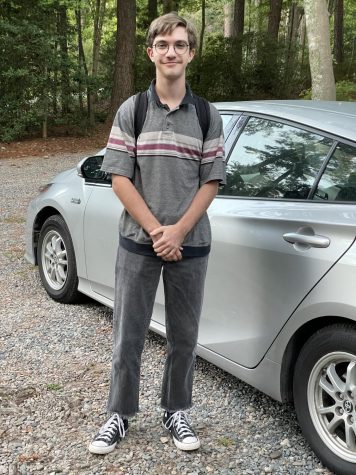
(He/him)
This is Owen! He's an aspiring musician, an amateur skater, a middle child, a JBrekkie enjoyer, and a staff writer for the Eagle's Eye. Owen...


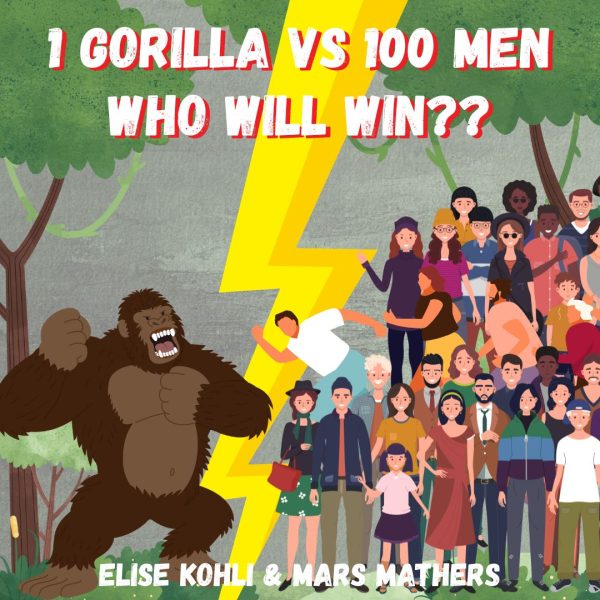

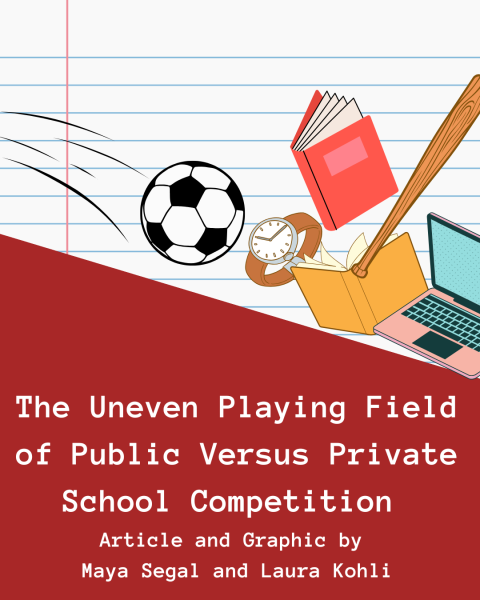



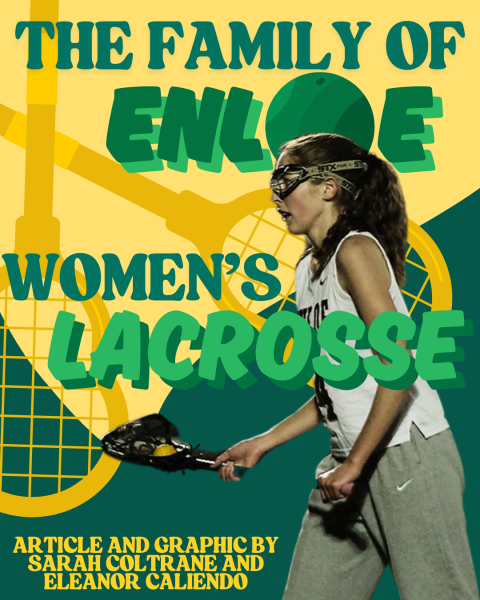

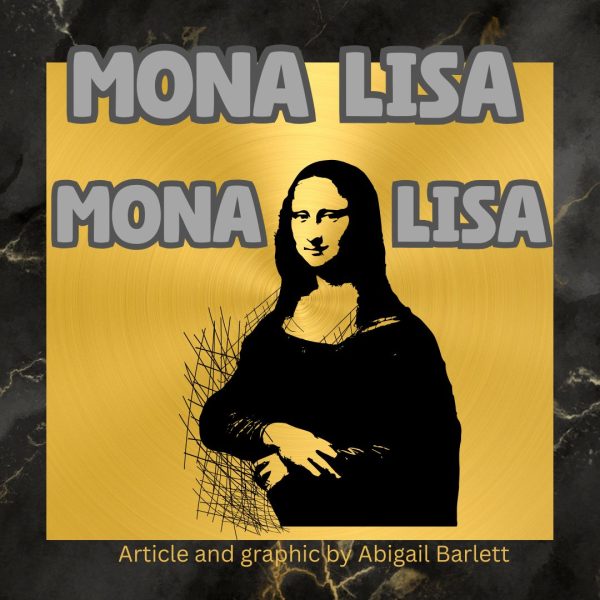
Reina • Mar 14, 2024 at 11:55 AM
This is a very good work. You just saved a life. Be blessed!!